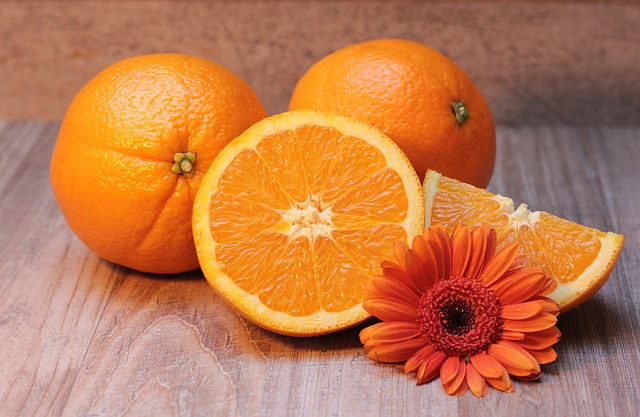The Probiotic Prescription: Enhancing Athletic Performance and Recovery
When we think about boosting athletic performance and improving recovery, we often consider factors like training intensity, nutrition, and supplementation. However, there is an emerging player in the game that could provide additional benefits for athletes: probiotics.
What are Probiotics?
Probiotics are live bacteria and yeasts that are beneficial for our health, especially our digestive system. They are commonly known as “good bacteria” as they help to maintain a healthy balance in our gut microbiome. While we often associate bacteria with infections and illness, not all bacteria are harmful.
Probiotics can be found naturally in certain foods such as yogurt, sauerkraut, kimchi, and other fermented products. They are also available in supplement form, with various strains offering specific benefits.
The Gut-Performance Connection
Our gut microbiome, which houses trillions of microorganisms, plays a crucial role in our overall health and athletic performance. It influences digestion, nutrient absorption, immune function, and even mental well-being. When the balance of bacteria is disrupted, it can lead to gastrointestinal issues, weakened immunity, and decreased physical performance.
Intense physical training and endurance exercises can put significant stress on the body, including the gut. This stress can lead to gut permeability, allowing harmful toxins and substances to pass through the intestinal lining and affect performance negatively.
By maintaining a healthy gut microbiome through probiotic supplementation, athletes may experience improved digestion, enhanced nutrient absorption, and reduced inflammation. These benefits can lead to better performance and faster recovery time.
Benefits for Athletes
1. Improved Immune Function: Intense exercise can temporarily suppress the immune system, leaving athletes vulnerable to infections and illnesses. Probiotics, particularly strains like Lactobacillus and Bifidobacterium, have been shown to enhance the immune response, reducing the risk of illness and supporting overall health.
2. Enhanced Nutrient Absorption: Optimal nutrient absorption is crucial for athletes to fuel their performance. Probiotics help break down food and facilitate the absorption of essential nutrients, including carbohydrates, proteins, and vitamins. This improved nutrient utilization can maximize energy production and muscle recovery.
3. Reduced Inflammation: Intense exercise leads to muscle damage and inflammation. Probiotics, particularly strains like Bifidobacterium lactis and Lactobacillus acidophilus, have shown anti-inflammatory properties. By reducing inflammation, probiotics can aid in post-exercise recovery, allowing athletes to bounce back faster and train more consistently.
4. Improved Gut Health: Athletes often experience gastrointestinal issues due to the physical stress of training and the intake of large amounts of food and supplements. Probiotics help maintain a healthy balance of bacteria in the gut and promote proper digestion, reducing the incidence of common digestive problems such as bloating, diarrhea, and constipation.
Choosing the Right Probiotic
Not all probiotics are created equal, and choosing the right strain and dosage is essential for athletes seeking to optimize their performance. Different strains of probiotics offer various benefits, so it’s important to understand your specific requirements and consult with a healthcare professional.
Look for high-quality probiotic supplements that contain specific strains known to benefit athletic performance. Some commonly recommended strains include Lactobacillus acidophilus, Bifidobacterium lactis, and Lactobacillus casei.
Additionally, consider the colony-forming units (CFUs) when selecting a probiotic supplement. CFUs represent the number of viable probiotic cells in a product. Higher CFU counts may be beneficial, especially for athletes requiring greater support.
Conclusion
Probiotics have the potential to be an excellent addition to an athlete’s performance-enhancing arsenal. By supporting gut health, improving nutrient absorption, reducing inflammation, and enhancing immune function, probiotics can assist athletes in achieving their fitness goals.
However, it’s important to remember that probiotics are not a magic solution and should be viewed as part of a comprehensive approach to training, nutrition, and recovery. As with any dietary supplement, it’s crucial to consult with a healthcare professional before incorporating probiotics into your routine.







